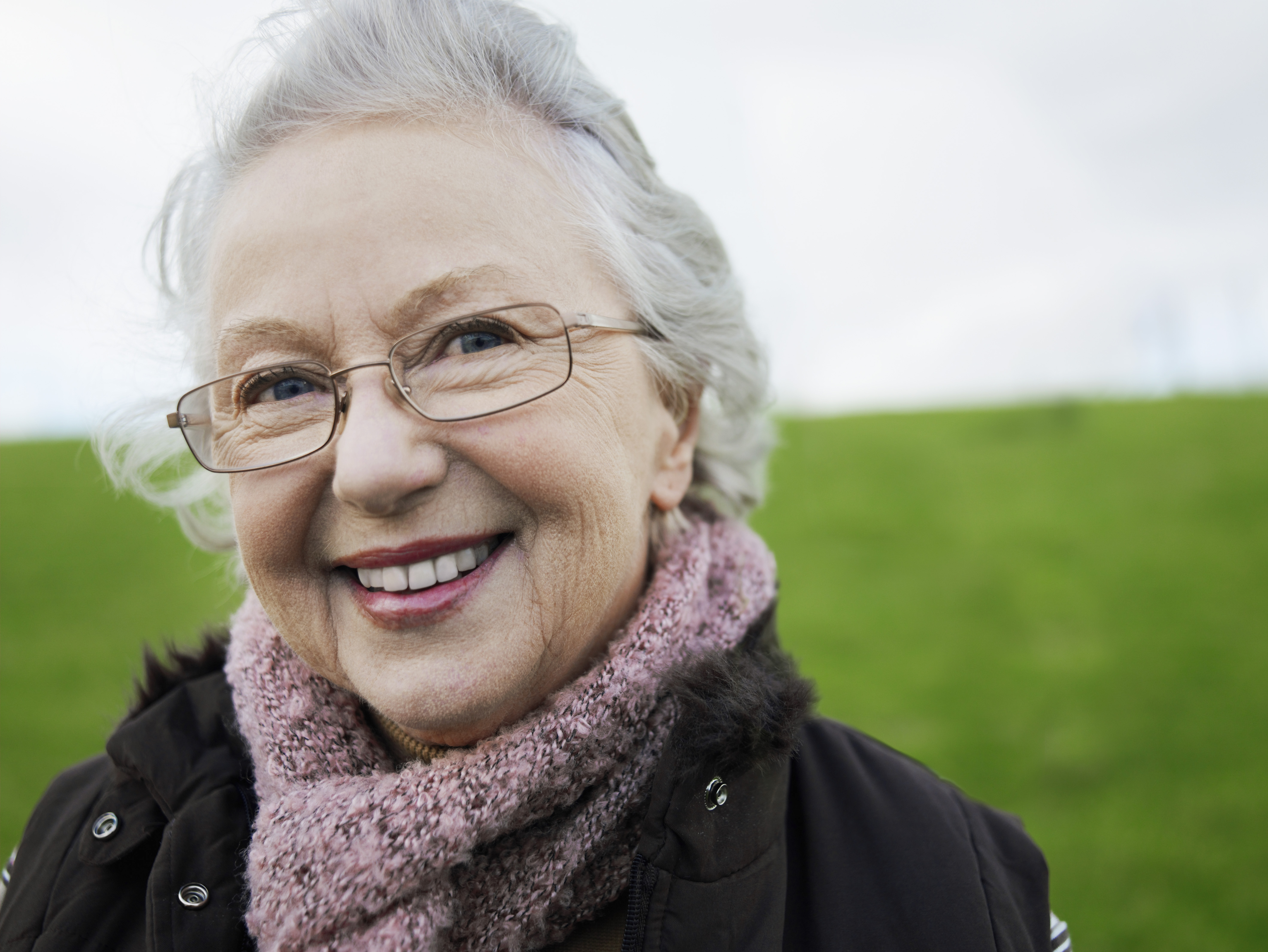Written by Gizelle Jones LISW-S. This is the third part of a four-part series.
- Read Part 1 of the Road to Wellness
- Read Part 2 of the Road to Wellness
- Read Part 3 of the Road to Wellness
Over the course of the next few months, I will discuss various milestones we all go through in the life cycle and how we can combat depression and anxiety as we experience them. To start, I want to talk about ageism.
I know…You are thinking, “Gizelle spent three months talking about the road to wellness and now she wants to talk about one of those ‘isms’?”
The “isms”, like sexism and racism, usually produce an instant turn-off or a rush to be “politically correct”. Also, what does that have to do with wellness?
Since I work in an agency designed to promote the wellbeing of older adults, I think it is very important that we discuss ageism and the effects it has on mental health.
Ageist Stereotypes to Look Out For
It is a fact that ageism has a profound impact on adults and is related to poorer mental health. It leads to greater depression, isolation, and self-loathing. We have all been conditioned to avoid talking about the subject and when we do talk to older adults, our biases keep older adults suspicious of us and reluctant to participate. This conditioning is called implicit bias.
Implicit bias is the attitudes, beliefs, and stereotypes that we all have that affect our understanding, actions, and decisions in an unconscious manner. The bias can be favorable and unfavorable, are involuntary, and are not in our awareness or intentional control. These biases develop over the course of a lifetime, beginning at a very early age through exposure to direct and indirect messages. The media is often one of the origins of implicit bias.
So, we all have them. I would like to review six common “compliments”, or biases that we all don’t realize reflect ageism.
“You look so young and beautiful for your age!”
Even I have struggled with this one. As a 61-year-old who often gets the comment, “you don’t look your age,” I thought I had it “going on,” which means I am relevant and “hip” (these are old 60’s terms).
However, if you really think about it, people deserve to feel good about themselves because of who they are, not despite of it. When we tell people they have positive traits even though they’re at the age they’re at, what we are really saying is that their age is a bad thing. So from now on, 61 is not the new 41. It’s just a fabulous 61!
“You’ve aged gracefully”
If someone really looks like they have aged, we don’t say they have aged gracefully. This compliment is really just a way of telling older people they look good because they don’t look like the age they really are. There is nothing wrong with looking your age; you earn it!
“You have so much energy”
REALLY?! Let me just be frank, getting old hurts! Sometimes getting out of bed is hard, especially in the winter because your body just aches for no apparent reason other than you are getting older. I remember going to the doctor in my 50’s and asking him what is wrong with me. I am having this pain for no reason and I am tired!
Well, guess what – 50 is not the new 20! We have aches and pains in our bodies as we age and we just get tired. But no one talks about it and it’s shaming when we do. It affects your mental health because you feel that you are the only one feeling this way.
It is just not true. In turn, that can create more isolation, which is a major factor in older adult health. So when an older person says they are hurting, affirm them; don’t minimize or downplay their pain or energy level. The statement implies that you do not expect an older person to have a lot of energy. Like everyone else, energy and stamina are reflections of the individual and not older people as a group.
“You must have a lot to teach us”
Let’s face it, we all have things we can teach each other, but it doesn’t mean you know how to teach nor is it an older adult’s obligation to teach society. It’s a choice.
“You’ve really kept up with the times”
Just what does that mean? The time of day? Pop culture? Technology?
Older adult brains can still function well after 80 and many welcome good, positive interaction with the media, family, and at social functions. To engage the older person in a meaningful conversation can be exciting for both parties and who knows? They may know more about computers and pop culture than you!
“You’re So Cute!”
I had a nurse say this to my then 70-year-old mother-in-law and I really wanted to boot her right out of the hospital room! On top of that, she immediately called her by her first name. The nurse’s actions were infantilizing and condescending.
You don’t typically hear the word “cute” used to describe people that you should respect. After living on this earth for more than 50 years, there are so many compliments that you can give other than, “You’re so cute”!
It is very important to continue to educate ourselves about ageism and make sure we don’t perpetuate stereotypes. We want to support ourselves and others in the aging process. All of us will age (it beats the alternative) and we all want to grow old with grace, dignity, and respect.
*The information in this article is intended solely to provide general information on matters of interest for the personal use of the reader, who accepts full responsibility for its use. This article should not be used as a substitute for consultation with professional legal, medical, or other competent advisors.

